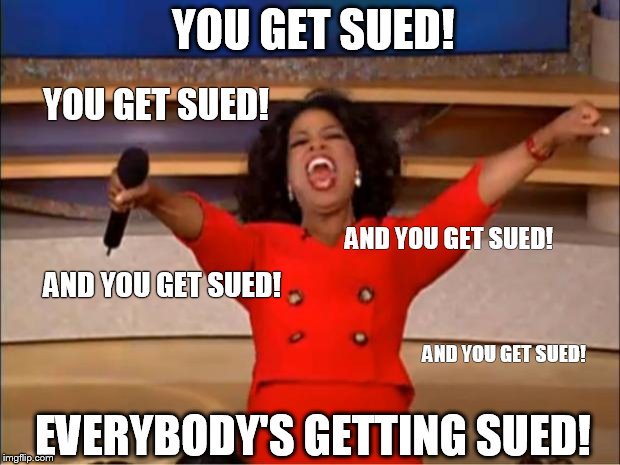B
Basic Med
Guest
I have a friend that needs some info...
He has a Basic Med certification in hand. He takes a drug that is on the DNI list however it is admissible with a SI. His GP doctor signed his Basic Med form. His GP doctor obviously knows the drug he is on and knows he is fully functional on the drug. His doctor knows the drug is on the DNI list.
Given that background...
Would he have any possible insurance issues (renters or owners) if he were to ever get into an incident? Could the insurance company deny a claim if he takes the drug even with a doctor's approval but WITHOUT the SI?
Thoughts?
He has a Basic Med certification in hand. He takes a drug that is on the DNI list however it is admissible with a SI. His GP doctor signed his Basic Med form. His GP doctor obviously knows the drug he is on and knows he is fully functional on the drug. His doctor knows the drug is on the DNI list.
Given that background...
Would he have any possible insurance issues (renters or owners) if he were to ever get into an incident? Could the insurance company deny a claim if he takes the drug even with a doctor's approval but WITHOUT the SI?
Thoughts?

